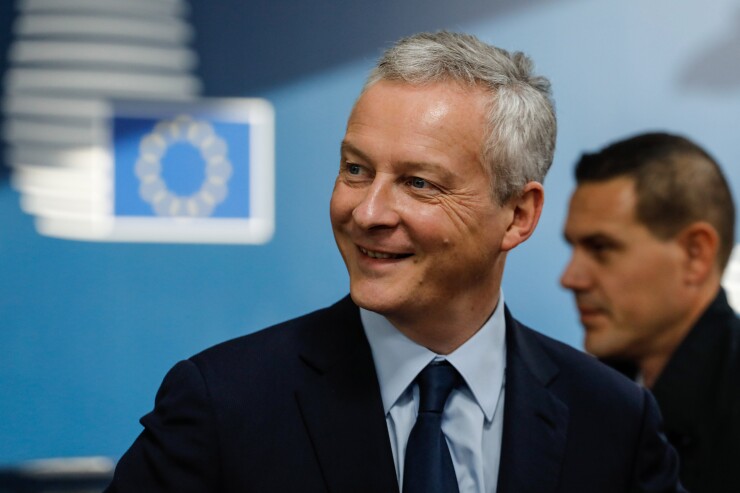The Group of Seven meeting of finance officials in London next week must strike an agreement to corral the rest of the world into changing how much tax multinationals pay and where, French minister Bruno Le Maire said Thursday.
The comments underscore the G-7’s pivotal role in advancing talks that have been running for years between almost 140 countries at the Organization for Economic Cooperation and Development. For Le Maire, agreement in London would inject “considerable momentum” toward a second step of broader consensus at July’s Group of 20 meeting in Italy.
“I believe in the power of signals sent by the most advanced economies of the planet,” Le Maire said on France Inter radio. “If the G-7 and then the G-20 agree on this new international taxation, there will of course be opposition, but it will struggle to stand.”

European governments are increasingly optimistic that the G-7 could mark a breakthrough after U.S. President Joe Biden’s administration made proposals on the two pillars of the talks: where to tax firms in the digital era, and a minimum rate.
Le Maire said that while the U.S. proposal for a 15% floor would feature in the London talks, the key issue for France remains new rules on how to divide up rights to tax multinationals — the so-called pillar one of international negotiations. On Wednesday, he said that, subsequent to a recent U.S. proposal to limit rules to the 100 biggest firms, there is progress toward ensuring digital giants are covered.
“The most important thing is that we all agree that digital giants — Google, Amazon, Facebook, Microsoft — that make considerable profits, should be taxed like other businesses in the world,” Le Maire said.





